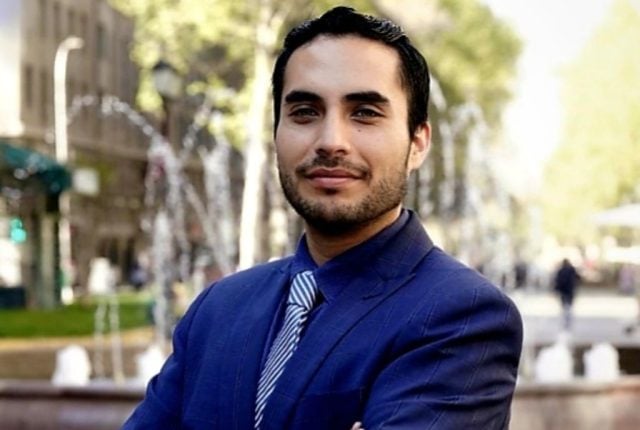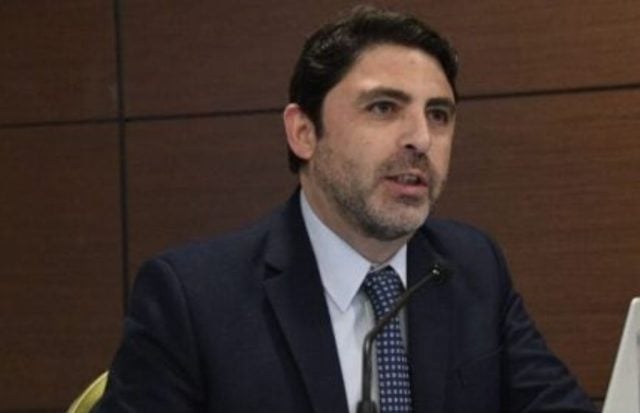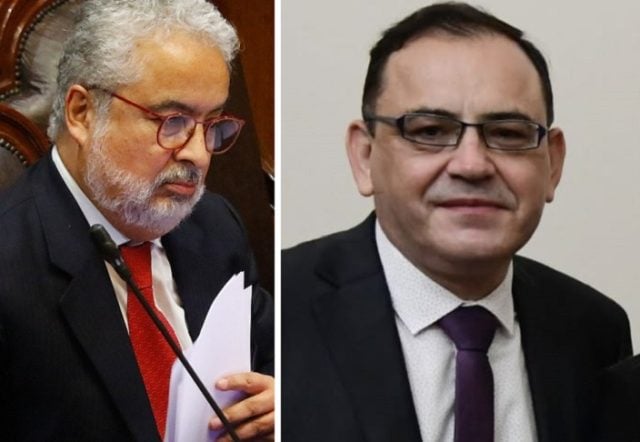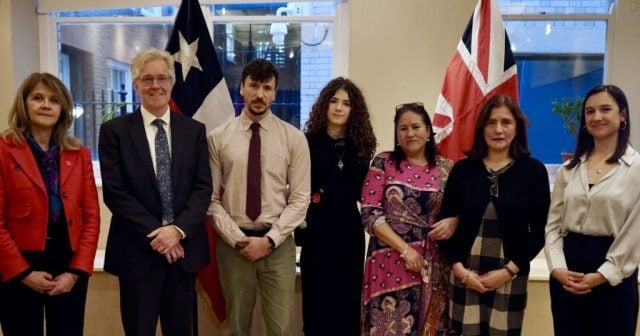Amid a crisis of confidence in public institutions, the Metropolitan Region (RM) regional secretary for Justice and Human Rights, Jaime Fuentes, urged swift passage of the Boric administration’s proposal to reform the system of judicial appointments put forward by President Gabriel Boric’s government.
Speaking with La Mañanera, a program hosted by El Ciudadano director Javier Pineda Olcay, Fuentes said the initiative to reform the process for appointing judges and court justices at different levels—grounded in merit, transparency, and probity—has moved forward on schedule in Congress.
It has cleared the required committees, he added, and has received numerous amendments and comments from lawmakers and the Executive to fine‑tune the bill.
Even so, he called on legislators to approve the project as soon as possible so it can become law and deliver a transformation of the judiciary, with appointments made through competitive, merit‑based contests that evaluate candidates’ abilities and track records, ensuring high standards of transparency and objectivity.
We want this enacted as soon as possible so it can be published and implemented, moving to a much more transparent and objective appointments system that also reduces public suspicion, Fuentes said, stressing the need to restore confidence in the judiciary after recent allegations of corruption and irregularities.
Today there is a trust crisis across public institutions due to recent corruption cases. That is why it is essential to have an appointments system that is as objective as possible, based on merit and transparent to citizens, he emphasized.
He said one goal of the reform is to strengthen ethics and transparency so that such situations do not recur, undermining trust in a system of justice administration that is working today and that authorities are committed to reinforcing and strengthening—not only in the Metropolitan Region but across the country.
The project establishes a Judicial Appointments Council responsible for selecting candidates based on objective, merit‑based criteria.
The new system would also separate administrative and jurisdictional functions in the Supreme Court, transferring administrative management to an autonomous body accountable to the Office of the Comptroller General, freeing judges to focus on resolving cases and issuing rulings rather than administrative tasks. It would also strengthen the powers of the Judicial Prosecutor’s Office so it can assess conflicts of interest and investigate breaches of probity.
Comprehensive reparation for victims of the social uprising
During the interview with La Mañanera, the RM Justice and Human Rights secretary was asked about progress on a Comprehensive Reparation Law for victims of the 2019 social uprising and whether it could be introduced before President Gabriel Boric’s term ends.
Fuentes said that legislation is indeed being discussed, led by Human Rights Undersecretary Daniela Quintanilla together with Senator Fabiola Campillai (Ind.), and that they have met on several occasions to analyze these proposals and assess the feasibility of presenting a bill.
Ultimately, these talks are advancing with the president to evaluate the feasibility of introducing it, said the human rights lawyer, a graduate of the Pontifical Catholic University of Valparaíso.
However, he clarified that he does not yet have enough information to say whether the bill will be filed.
Those conversations are being led by the Undersecretariat, he reiterated, adding that the regional secretariat will continue to provide support and attention to victims of the uprising—through the Pacto program, municipal social assistance in the Metropolitan Region, and a one‑stop support window for victims who need help to continue their lives and obtain the reparation they require, said Fuentes, who served as an attorney for the National Assembly of Families of Political Prisoners from the uprising.
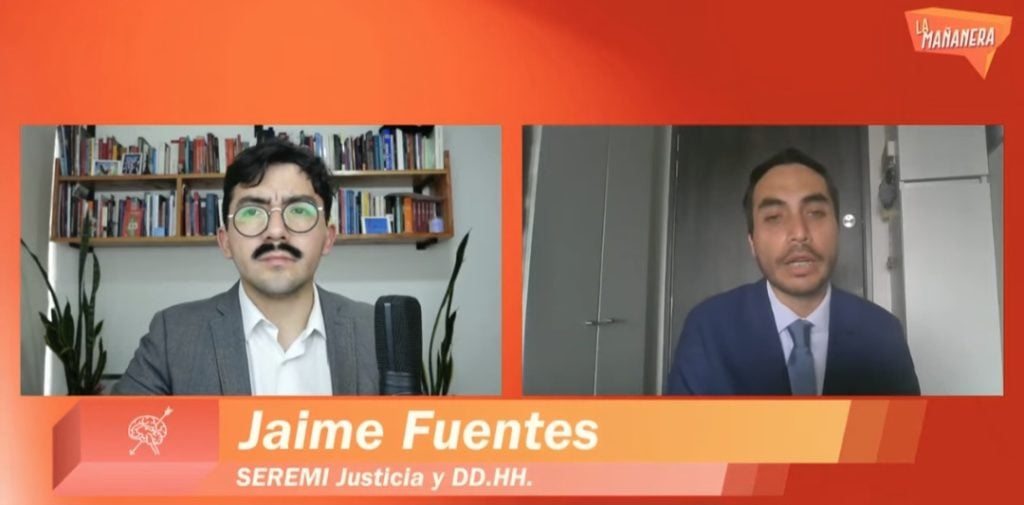
Greater access to justice and legal defense for crime victims
On Wednesday, the Chamber of Deputies approved in a third reading and sent to promulgation the bill creating the new National Access to Justice Service and the Crime Victims’ Defense Office. Fuentes stressed that it guarantees one of the most important rights in Chile: access to justice—which includes legal guidance, representation for those who cannot afford an attorney, and the ability to pursue all necessary actions so the courts can decide the cases that correspond.
Asked who qualifies to access the National Access to Justice Service, Fuentes said it is primarily aimed at people who cannot cover the cost of a lawyer and whose resources do not allow them to obtain legal representation before the courts.
He clarified that these are matters outside the criminal sphere—civil, family, and other legal issues faced by the public—since in criminal cases there is already the Public Criminal Defender’s Office.
He explained that a socioeconomic assessment is conducted, either using the household social registry or through an interview with a social worker at each center, to verify that applicants lack the necessary resources and to ensure public funds are correctly targeted to those who truly need them.
He also recalled that the law establishes certain priority or protected groups who will likewise receive legal representation from the Service.
These include children and adolescents, older adults, and—through the new Victims’ Defense—the first public institution dedicated to working with victims of violent or serious crimes to obtain justice, track cases, and provide accompaniment that people currently do not have, he said.
The official also addressed the shortage of personnel nationwide, particularly attorneys available to provide adequate service to the public.
For that reason, he noted, the government has injected around 13 billion pesos to expand the coverage of these programs and establish service centers in municipalities farther from regional hubs.
The goal is to distribute the service throughout the country so people can more easily access guidance and legal representation, he emphasized.
Supraterritorial Prosecutor’s Office to tackle organized crime
The regional official welcomed the recent promulgation of the law that incorporates the Supraterritorial Prosecutor’s Office into the Public Prosecutor’s Office, an initiative that strengthens the state’s capacity to investigate and prosecute organized crime and complex offenses.
The new measure, which amends the Organic Constitutional Law of the Public Prosecutor’s Office, will allow the Supraterritorial Prosecutor’s Office to operate with nationwide jurisdiction, coordinating and specializing investigations into drug trafficking, money laundering, terrorism, and transnational organized crime.
Given current staffing shortages, this unit will increase the number of professionals contributing to an effective prosecution of crime, he said.
Contrary to what some claim, it is less bureaucracy, because Supraterritorial Prosecutors will be able to pursue crimes committed from Arica to Magallanes with the jurisdiction to carry out procedures and investigations across the entire national territory. Organized crime has evolved in recent years and has become present in our country, he argued.
On Friday’s edition of La Mañanera, October 10, our director analyzed the recent removal of Peru’s President Dina Boluarte and interviewed Deputy Rubén Oyarzo (Radical Party).
You can watch the full program below:
